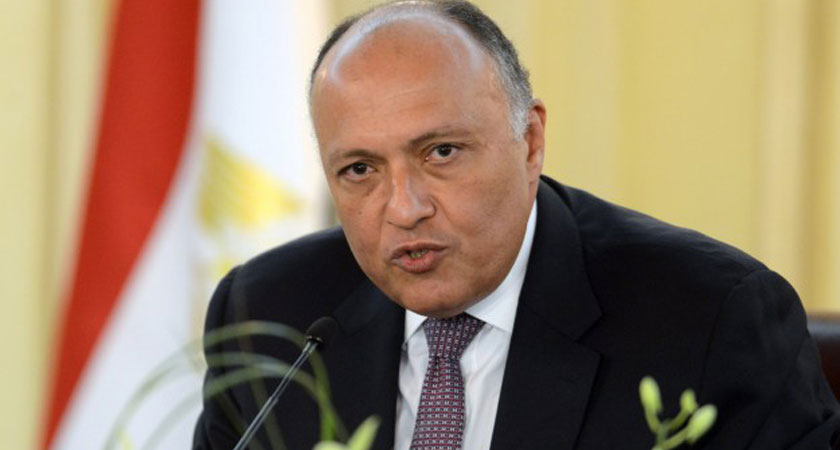CAIRO: Minister of Electricity and Energy Hassan Younes has approved LE 120 billion for nine new electricity stations.
Construction on the new facilities will start at the beginning of the 2012 fiscal year and the stations are expected to be operational within five years.
When completed, the new stations will have a combined capacity of 11,000 MW generated through a combination of conventional natural gas and alternative energy methods such as wind and thermal power.
The new stations are an integral aspect of Younes’ new five-year electricity plan, which was confirmed at the general assembly of Egypt’s Electricity Holding Company last week.
The 2012-2017 plan will focus on developing Egypt’s electricity network by installing new grids and financing new projects to expand capacity by 10,450 MW.
Plans for the continued expansion of electricity facilities follow LE 8 billion of investments in 2008 that added over 1,500 MW to the national electricity grid.
This year’s investment, which will be applied to new electricity projects and the renovation and expansion of the national grid, is expected to reach LE 14 billion.
Announcing the new investment plan, Younes emphasized the importance of the new five-year plan for electricity expansion in meeting Egypt’s growing electricity needs. Demand for electricity in the country grew 13 percent in 2008 alone.
“The electricity sector is trying to meet ever-growing demands, and to do this we need to continue building new power generating stations, he said.
While Egypt’s electricity infrastructure projects continue to be largely public, conventional undertakings, Younes has begun to reach out to the private sector in an attempt to expand capacity and the use of alternative energy.
A deal announced in February between Danish and Japanese companies to add 1,800 MW to the Zaafarana wind farm by the end of the year has paved the way for further public private cooperation and forays into renewable energy.
Speaking at the World Future Energy Summit earlier this year, the minister emphasized the importance of alternative energy into the future.
“Wind farms clustered in the Saidi area of Egypt will employ thousands and produce 20 percent of the country’s diversified energy needs by 2020, he said.
Egypt is currently planning a solar power station, one of only four worldwide, set to begin operations at Kuraimat in northwest Egypt next year.
In January, Egypt became one of the founding members of the International Renewable Energy Agency (IRENA), a cooperation agreement between 100 countries committed to renewable energy. IRENA held its second preparatory commission session in Sharm El-Sheikh at the beginning of the week.
“IRENA displays a certain magnetic quality for all those, who have realized that renewable energies are the key to the world’s future energy supply, said Hermann Scheer, a German MP and founder of IRENA.
The session, which is being attended by representatives from several member countries, is meant to provide a forum for the next phases of implementation of the new organization, which will eventually offer support to governments pursuing the development of renewable energy sources.
Wind farms
On Tuesday, Egypt announced that a total of 72 international companies have expressed interested in a tender to build a 250-megawatt wind farm on Egypt’s east coast, according to state news agency MENA.
“The number which applied until last week reached 72 international companies, which shows confidence in the Egyptian economy, the agency quoted Younes as saying.
Egypt announced the tender for the wind farm on a build-operate-own (BOO) basis on May 9. Firms were invited to submit qualification documents by July 21 for short-listing, Reuters reported.
The project developer would be required to design, finance, construct, own and operate the power plant for 20 to 25 years, and would sell the power produced during that period to the Egyptian Electricity Transmission Company, according to Reuters.
Egypt aims to generate 12 percent of its power from wind farms and a total of 20 percent from renewable sources by 2020. -Additional reporting by Reuters.

